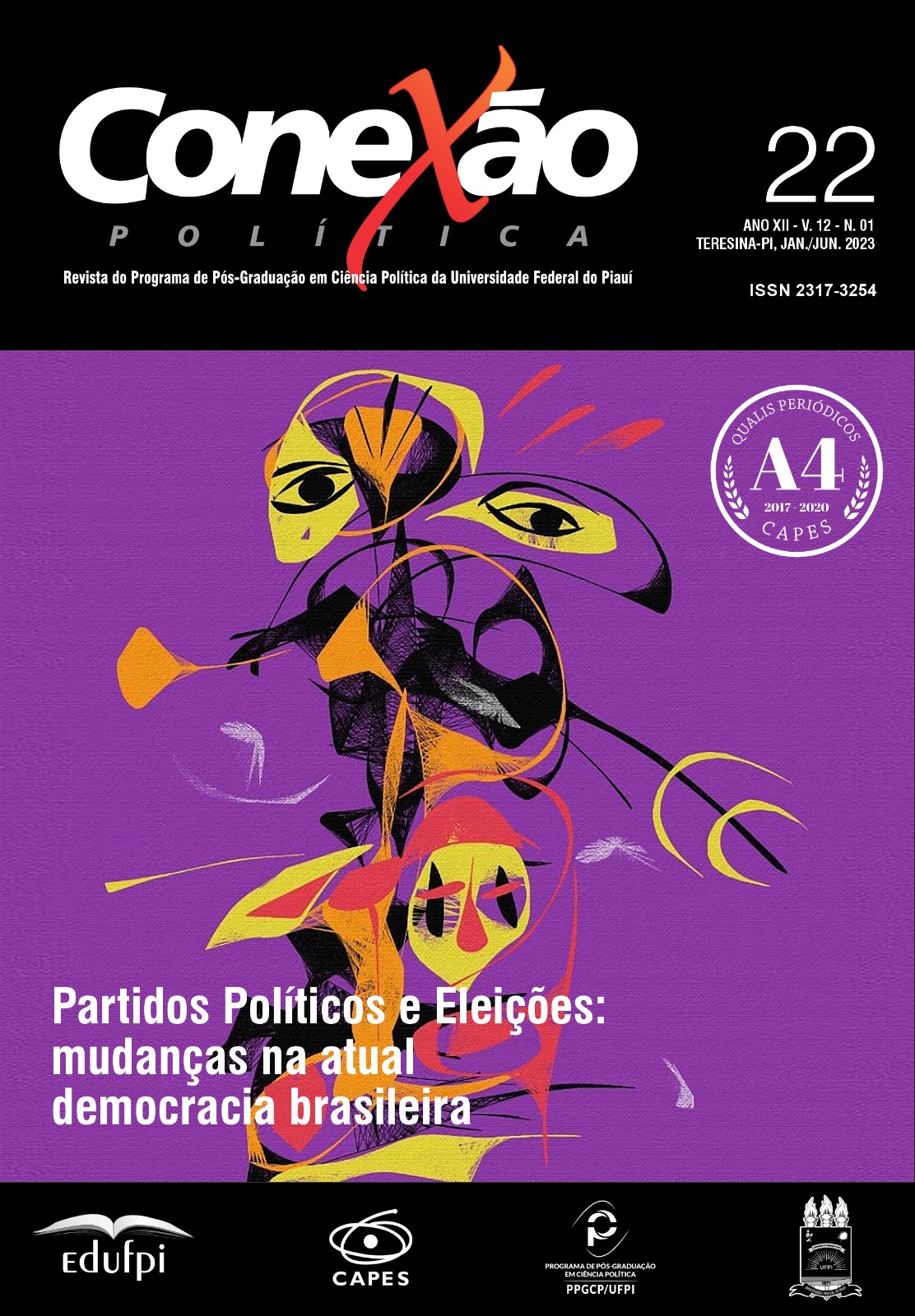THE NEW ERA OF INDIGENOUS WOMEN IN BRAZILIAN POLITICS
A COMPARATIVE ANALYSIS OF LEGISLATIVE CANDIDATES FOR THE 2014, 2018 AND 2022 ELECTIONS
DOI:
https://doi.org/10.26694/2317-3254.rcp.v12i1.5624Keywords:
indigenous women, elections, representation of minoritiesAbstract
The paper aims, as main objective, to analyze the profile of indigenous women candidates for the federal chamber and state assemblies in Brazil, for the 2014, 2018 and 2022 elections. Key variables and data about gender, color/race, marital status, age group, education level, region and party were explored. A qualitative approach was adopted, which compared the profile of indigenous candidates in relation to non-indigenous candidates, indigenous candidates and candidates in general. Through this analysis, it was possible to raise hypotheses about the political behavior of this group in question, which presented an important change in the electoral pattern in the last 8 years – accompanied by an electoral success rate that went from 2.50%, in 2018, to 8.45% in 2022 – which means more indigenous women are being elected compared to the number of candidates. It is important to ratify that Brazil is one of the worst countries in the world in terms of female representation in politics. Moreover, the country is experiencing one of the worst political moments for indigenous peoples since redemocratization. From this perspective, analyzing the presence of indigenous women in the Brazilian legislature is a way to emphasize country's democratic challenges.Downloads
Published
2024-04-02
How to Cite
CANTUÁRIA COELHO, Alana; BARROS SOARES, Leonardo. THE NEW ERA OF INDIGENOUS WOMEN IN BRAZILIAN POLITICS: A COMPARATIVE ANALYSIS OF LEGISLATIVE CANDIDATES FOR THE 2014, 2018 AND 2022 ELECTIONS. Conexão Política, [S. l.], v. 12, n. 1, p. 10–37, 2024. DOI: 10.26694/2317-3254.rcp.v12i1.5624. Disponível em: https://periodicos.ufpi.br/index.php/conexaopolitica/article/view/5624. Acesso em: 5 feb. 2026.




